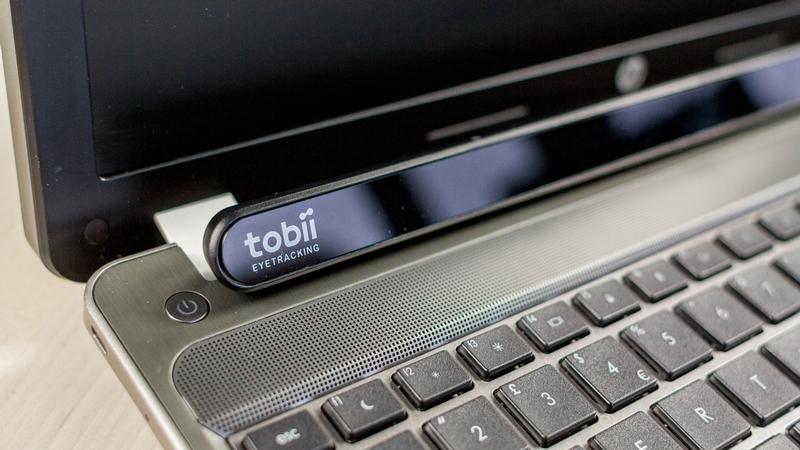The eyes have it!
We are using Tobii eye tracking in rehabilitation of stroke patient and head injuries and children with neurological background.
The concept of Tobii eye tracking has been in the market for communication (AAC) as well as cognitive issue for children and adults for some time now.
How can it be used in rehabilitation of neurological clients?
-
- We use this tool to give us an idea of ocular motor skills deficits in neurological disorder patients.
- It allows us to see whether they have a visual field loss or difficulty in tracking targets.
- It also allows us to see if they have horizontal and vertical eye movements.
- Eye gazing can show us if the patients are able to track an object, as well as being able to use their eyes for balance mechanism.
- The eye movements are key for balance reaction for backwards and forwards and sideways.
- The visual motor skills are ability to fixate the eyes, to track objects and pursuit.
- In most neurological disorders the head alignments is abnormal and as a results has a direct effect on visual motor skills.
- Working with Tobii eye gazer and gaze viewer over a period of time will give both us and the patient an understanding of their strengths and deficits in this area.
- Consequently a treatment plan can be devised to improve their abilities and reduce fear and anxiety of movements.
- We can further use eye gazing together with the balance mat to encourage the person to feel the weight transfer through proprioceptive stimulation received from the ankles, knees and hip joint and finally through the spinal column to the neck and head.
- We can superimpose Tobii eye gazing on other programmes to improve balance reactions and weight transfer.
- We can use Tobii software to encourage the person to learn to track towards their effected side as well as transferring weight to the effected side.
- Gaze viewer records the patients’ eye movements and they are able to see progress over a period of time.
- These two pieces of equipment are for neuro physiotherapists to work in rehabilitation of patients with neurological conditions. We are not opticians nor are we behavioural optometrists.

